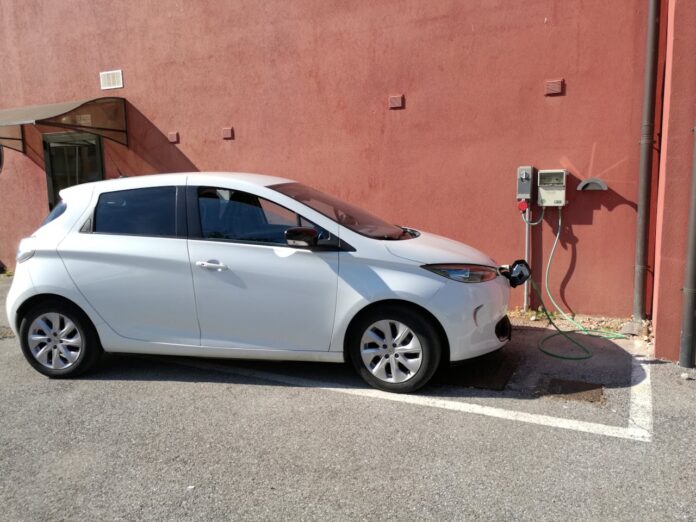As the world races towards a greener future, electric vehicles (EVs) are becoming an increasingly common sight on UK roads. With advancements in technology and a growing awareness of environmental issues, more drivers are making the switch to electric cars. However, one question often arises: how convenient is it to charge an electric car at home?
Charging an electric car at home offers numerous benefits, making it an attractive option for many UK drivers. With the availability of domestic charging solutions and government incentives, the transition to electric vehicles has never been more accessible.
One of the primary advantages of charging at home is convenience. Imagine returning from a long day at work, plugging in your electric car, and waking up the next morning to a fully charged vehicle. No more detours to the petrol station or waiting in line at charging points – your home becomes your personal refueling station.
In the UK, most EV owners opt for home charging solutions, such as wall-mounted charging units or standard three-pin plugs which can be installed from companies such as Voltco. Installing a dedicated charging point, commonly referred to as a home charging station, offers faster charging speeds compared to a standard household socket. These units are typically installed by accredited professionals and may qualify for government grants, reducing the cost of installation.
Moreover, charging at home allows for greater flexibility and control over your charging schedule. With smart charging technology, you can program your charging sessions to take advantage of off-peak electricity rates, further reducing your energy costs. This not only benefits your wallet but also helps alleviate strain on the grid during peak hours.
For UK homeowners, the prospect of generating renewable energy adds another layer of appeal to charging an electric car at home. With the increasing popularity of solar panels and other renewable energy systems, many EV owners are harnessing clean energy to power their vehicles. By coupling solar panels with home charging stations, drivers can minimize their carbon footprint and reduce reliance on fossil fuels.
Furthermore, charging at home offers privacy and security. Unlike public charging stations, where your vehicle may be exposed to potential risks, such as vandalism or theft, charging at home provides peace of mind knowing that your car is safe within your property.
In addition to the convenience and security benefits, charging an electric car at home contributes to the UK’s efforts to reduce greenhouse gas emissions. As the government aims to phase out petrol and diesel vehicles by 2030, home charging plays a crucial role in accelerating the transition to a low-carbon transport system.
To encourage more drivers to switch to electric vehicles, the UK government offers various incentives and grants for home charging installations. The Electric Vehicle Homecharge Scheme (EVHS) provides financial support towards the cost of purchasing and installing a home charging point. Additionally, the Workplace Charging Scheme (WCS) offers grants to businesses that install EV charging infrastructure, further expanding the accessibility of electric vehicle charging across the country.
Despite the numerous advantages of charging an electric car at home, challenges remain, particularly for those without access to off-street parking or homeownership. However, initiatives such as on-street residential charging schemes aim to address these barriers by installing public charging points in residential areas.
In conclusion, charging an electric car at home offers a convenient, cost-effective, and environmentally friendly solution for UK drivers. With advancements in technology, government support, and a growing infrastructure network, the transition to electric vehicles has never been more viable. By embracing home charging solutions, motorists can play a pivotal role in shaping a cleaner, more sustainable future for transportation in the UK.
Help keep news FREE for our readers
Supporting your local community newspaper/online news outlet is crucial now more than ever. If you believe in independent journalism, then consider making a valuable contribution by making a one-time or monthly donation. We operate in rural areas where providing unbiased news can be challenging. Read More About Supporting The West Wales Chronicle

























